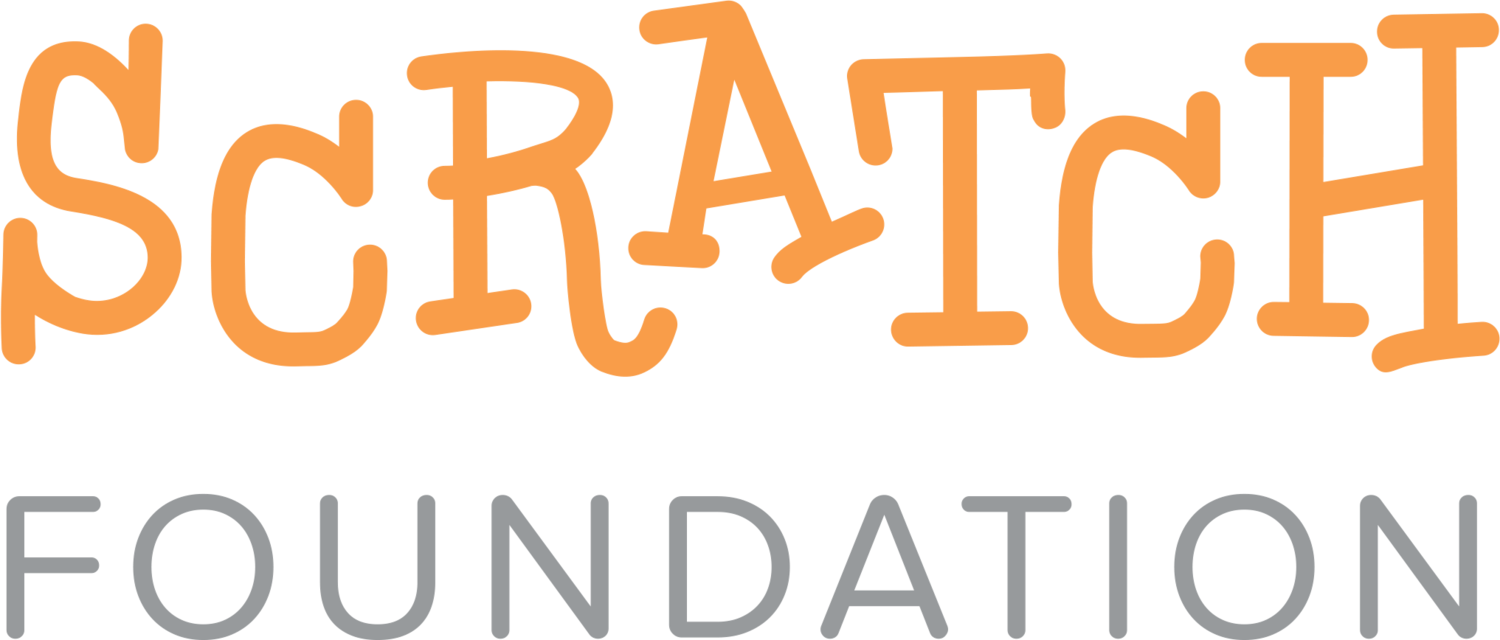Starting a Scratch Educator Meetup
Scratch Educator Meetups are organized by educators from around the world who volunteer their time to support teacher learning. Our organizers have a shared appreciation for connecting, tinkering, and reflecting—and a deep commitment to creative learning.
Are you ready to start a Scratch Educator Meetup in your area? Read on to learn about what it's like to be an organizer!
What we expect of organizers
Your role as a meetup organizer is to create the conditions for your fellow educators to have playful, inspiring, and meaningful learning experiences together. You will coordinate all of the logistics of the meetup: securing a location, finding sponsorships and funding opportunities, promoting the event on meetup.com and social media, and more.
-
Anyone can host a Scratch Educator Meetup, regardless of their level of Scratch 'expertise'. When creating your organizing team, we have two requests. First, because meetups take a fair amount of work, we ask that each team has at least two organizers—and we strongly recommend three. Second, meetups are teacher-centered events. To honor this, we also ask that each team includes at least one teacher organizer.
-
There are many details to keep track of as a meetup organizer. Having three people lightens the amount of work for each organizer and creates a more joyful experience for all. For example, one person might enjoy spending time promoting the meetup and reaching out to potential collaborators, while another may be more drawn to setting up the event space, and another, finding food. With three organizers, it is easy to assign each person a meaningful and manageable set of tasks.
-
We estimate that collectively, organizers will put in between 10–15 hours per meetup. The bulk of your time (5–10 hours) will be spent preparing for the event: reaching out to sponsors for food, securing a location, promoting the event, and sending an email reminder to participants. 2–3 hours will be spent hosting the event, and 1–2 hours will be allocated to cleaning up and debriefing the event.
-
Typically, organizers will host between 4–8 Meetups throughout the academic year. When it comes to turnout, consistency is key. We've found that hosting quarterly meetups can really strike this balance. Because of this, organizers are asked to host at least three meetups throughout the year.
What organizers can expect of us
Our team is committed to supporting our organizers throughout the year in a variety of ways. We will connect you to the broader Scratch Educator Meetup Organizer Network through quarterly video chats, monthly newsletters, and Slack. We will also help you promote meetup events on social media, and provide guidance through virtual office hours.
-
Our team has created a Meetup Organizer Guide to walk you through every step of the organizing process. Reading through this guide will provide you with all the scaffolding you need to get started.
-
Our team will create your page through our Meetup Pro account after we have spoken and decided on the format for your event. A meetup page under our Pro account costs $15 per site per month—a cost which we gladly cover.
-
We are committed to making sure organizers are equipped with the tools necessary to successfully run a meetup. You can find a host of resources including promotional materials, email templates, stickers, contact forms, ice breakers, and more here.
Ready to start organizing?
The Scratch Educator Meetups Application is currently closed. Stay tuned for our next round of applications in 2025!
The Scratch Educator Meetups Network is supported by the Scratch Foundation. Special thanks to the project founders, the Harvard Graduate School of Education Creative Computing Lab
Contact us: meetups@scratch.mit.edu
This work is licensed under CC BY-NC-SA 4.0



